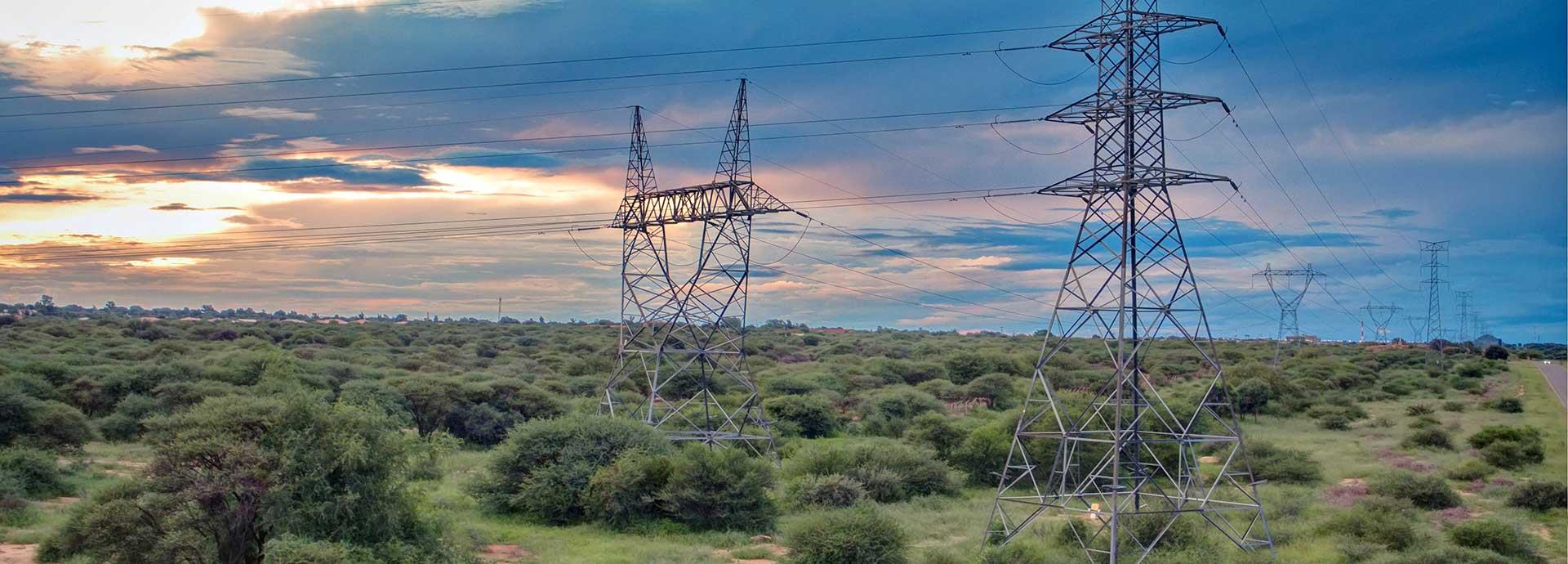

This is Africa's century, and we want to utilise it to good effect,” said South African President Cyril Ramaphosa at a recent meeting of the World Economic Forum. “If there was ever a time when Africa can definitely be said to be on the rise, this is the time.”
This is not mere speculation and could, in fact, turn out to be prophetic. Africa is the world’s second-largest continent and contains within it 54 countries that are home to over 1.25 billion people. The continent is also rich in natural resources such as natural gas and oil and contains vast reserves of gold, platinum, uranium, copper and diamonds. Is it any wonder then that the African economy has been growing slowly but steadily?
Data from the African Development Bank shows the continent’s GDP at 3.5% in 2018. This is projected to grow to 4.1% in 2020. The growth in the economy has led to more jobs, a rise in investments and last, but not the least, urbanisation. Rural migrants have been flooding cities with urbanisation rates in Sub-Saharan Africa rivalling that of Asian giants China and India.
Conversely, this has also increased the pressure on different nations to invest in critical infrastructure to ensure continued growth. Essential cogs in the wheels of commerce such as roads, railways, airports and marine ports are still missing. The lack of access to reliable energy supply is also another major barrier to growth. So much so that experts wonder if Africa will ever be able to reach its true potential without it.
Let’s look at the numbers. An estimated 600 million people in the continent have little to no access to electricity. In countries like Nigeria, it is not uncommon for small and medium firms to set up their own energy supply to tide over blackouts and ensure that their operations are not affected. Many countries have inadequate power transmission coverage, and others have little to speak of in terms of power infrastructure. All of this could derail ambitions for an African Century.
But it is not all doom and gloom. With electricity demand in the region projected to grow three-fold until 2040, experts suggest that the nations of the African continent could eschew the fossil-fuel-powered growth trajectories of other developing and developed countries and leapfrog into a cleaner, environmentally sustainable future by focusing on adopting renewable energy.
In our special series on Africa, we’ll take stock of the different factors that could help spur the continent’s energy revolution and look first-hand at how various countries are going about their energy transformation. Stay tuned.


